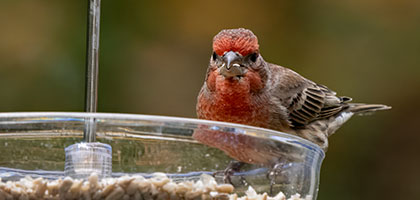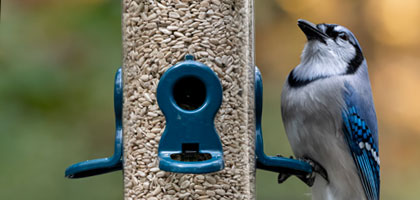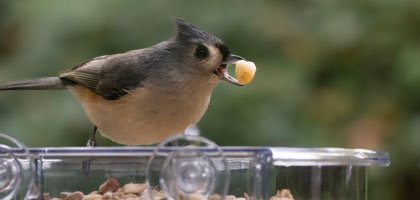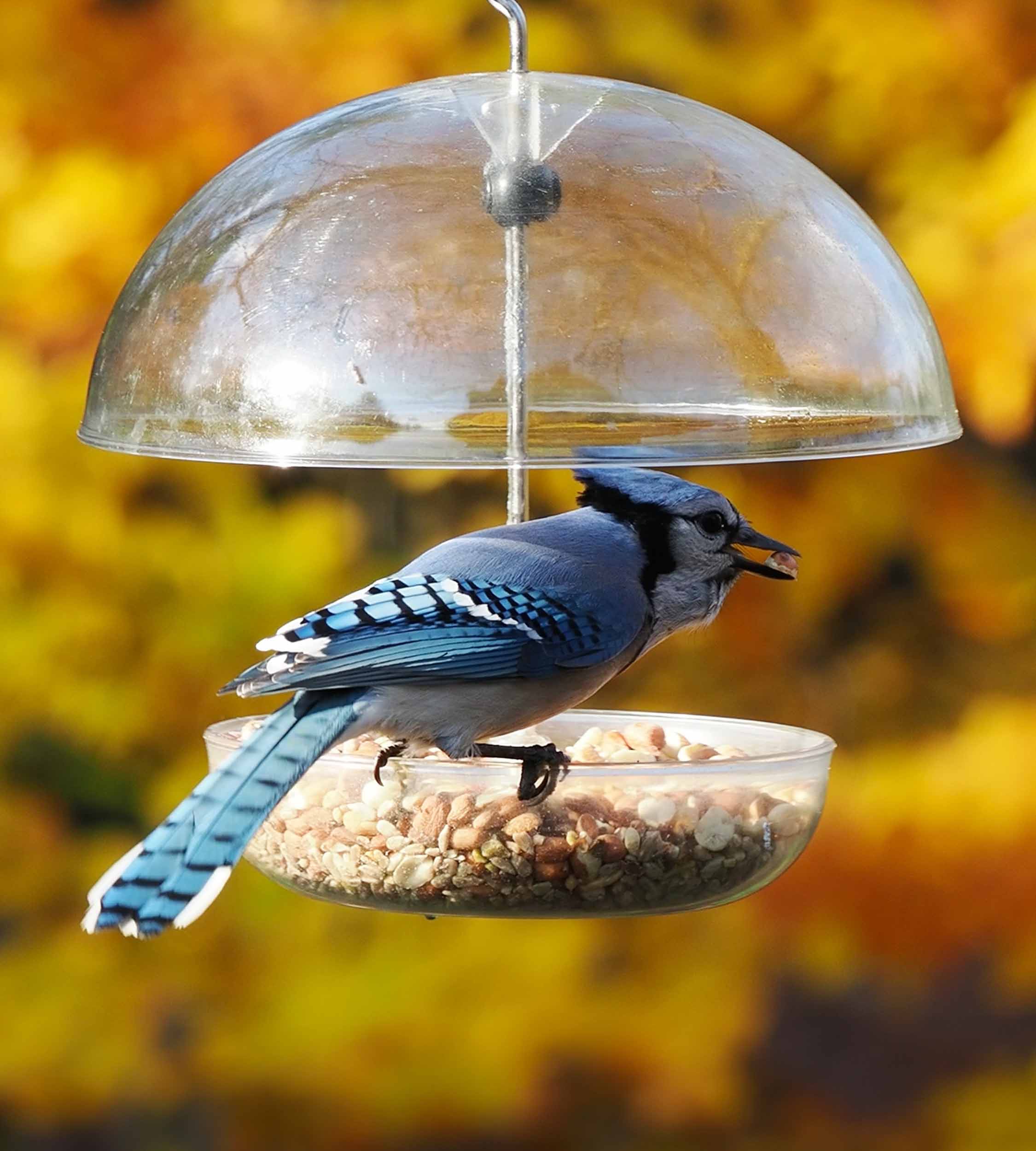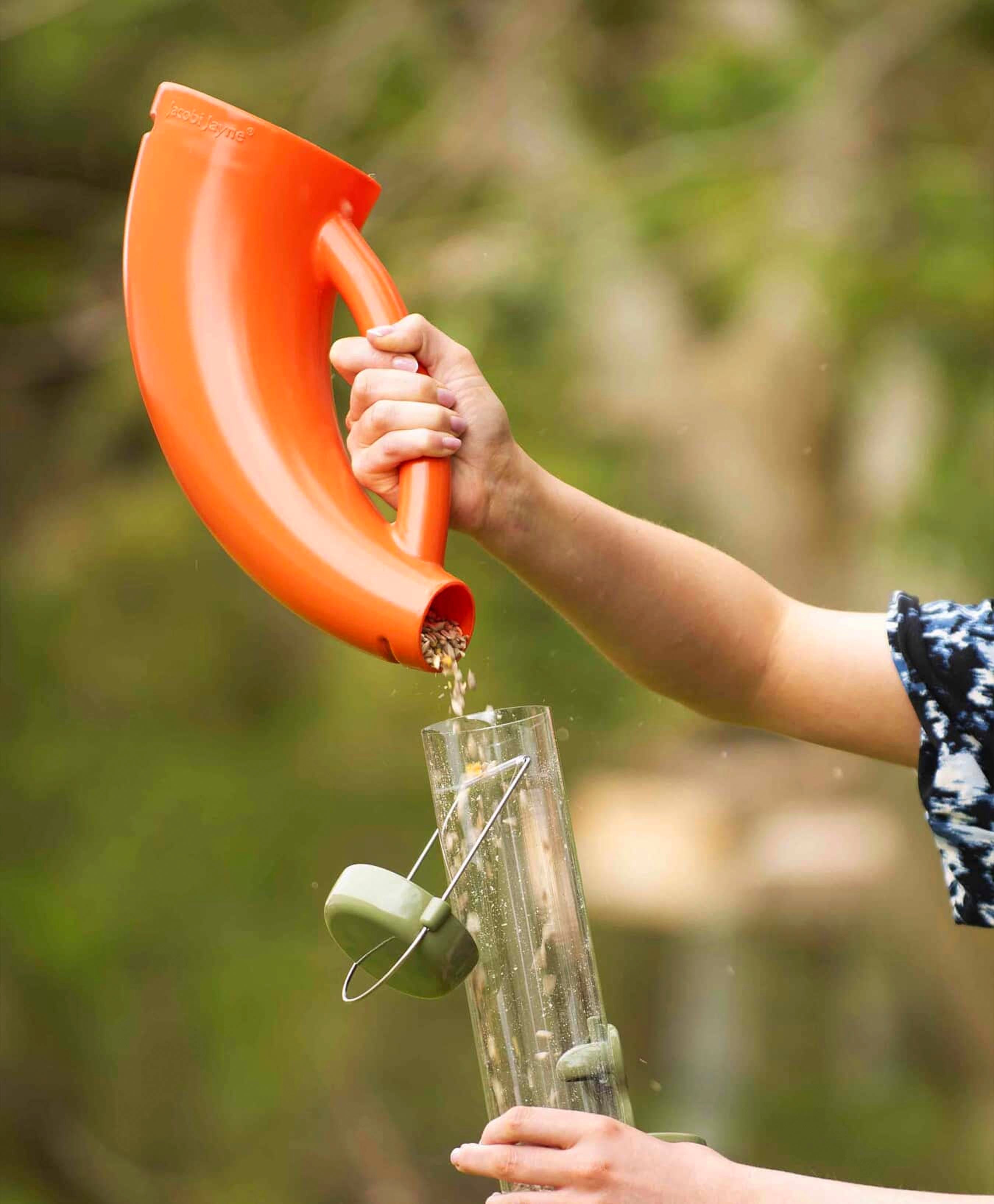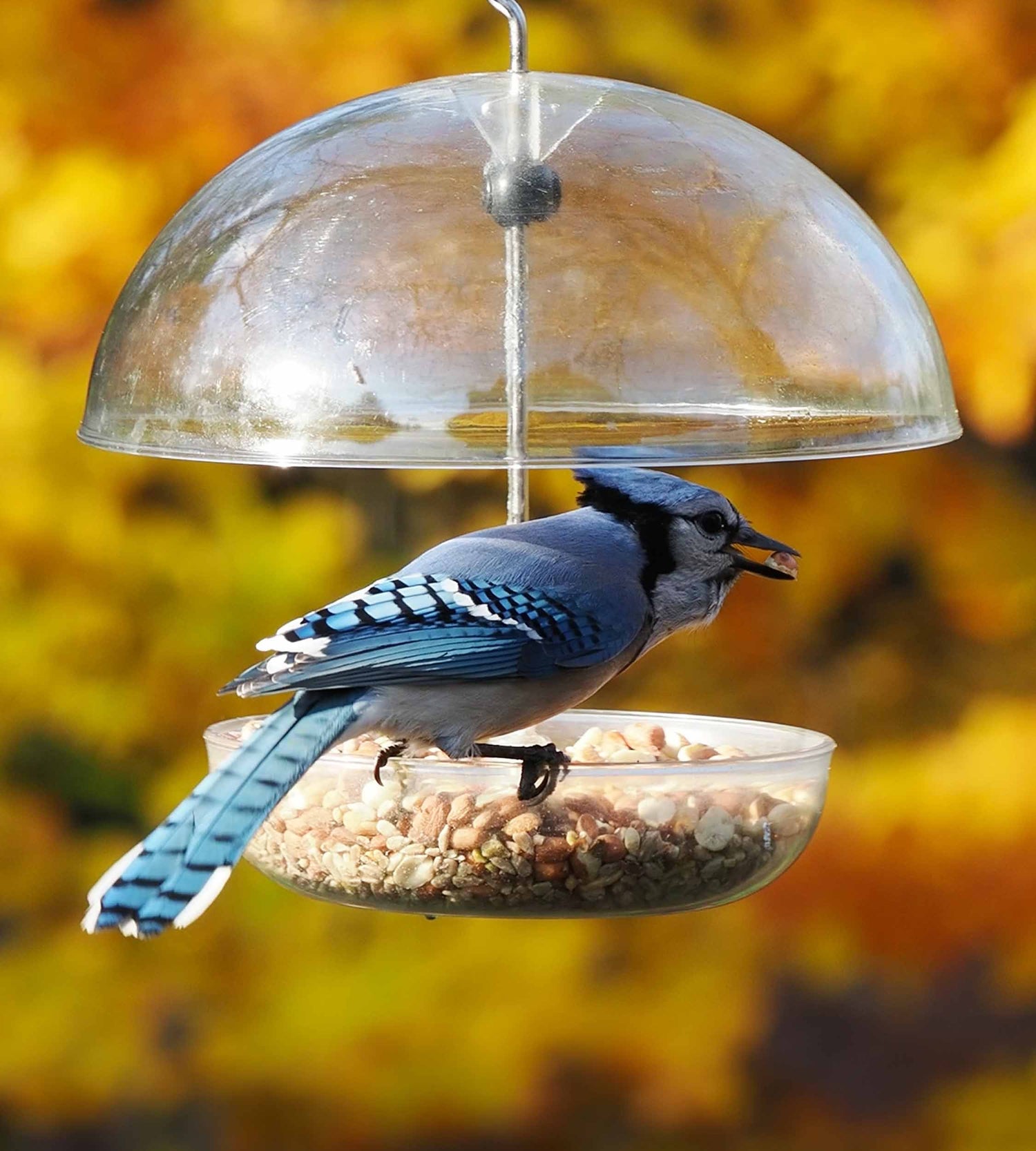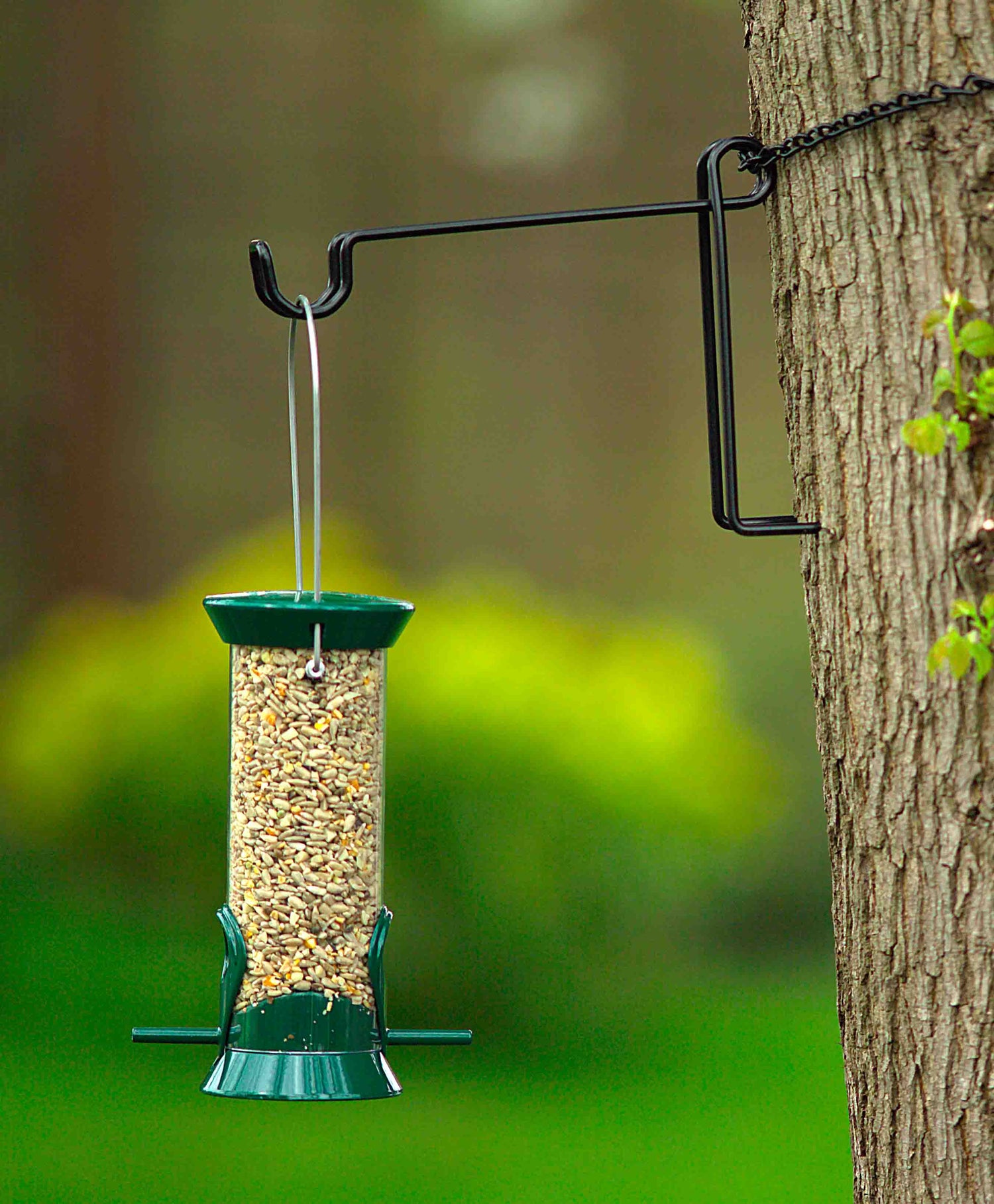Feeding ducks can be a delightful experience. But, have you ever wondered, “Can ducks safely eat bird food?”
Bird food is often designed for species like bluebirds, woodpeckers, or cardinals. It’s not always suitable for ducks.
Understanding what ducks can eat is crucial for their health. It also helps maintain the balance of our local ecosystems.
In this article, we’ll explore the types of bird food ducks can consume. We’ll also discuss the potential risks and safe alternatives. Let’s dive in.
Understanding Ducks’ Dietary Needs
Ducks have diverse dietary needs. They naturally forage for grains, aquatic plants, and small fish in the wild.
These foods provide essential nutrients. They support the ducks’ growth and energy requirements for their active lifestyles.
Insects are another important component of a duck’s diet. They offer a rich source of protein and other nutrients.
It’s important to remember that ducks need a balanced diet. Maintaining this balance is key to their overall health and well-being.
Common Bird Foods and Duck Safety
When considering bird seed mixes for ducks, it’s essential to ensure they contain safe ingredients. Avoid large, hard seeds that ducks might struggle to digest.
Suet cakes and balls are popular for birds like woodpeckers but not ideal for ducks. Their high-fat content can harm a duck’s health if consumed excessively.
Peanuts, when unsalted and shelled, make a healthy treat for ducks. They provide good protein but should be offered in moderation.
Fresh fruits, cut into small pieces, are generally safe for ducks. They add variety and provide vitamins necessary for ducks’ health.
Nyjer seed and other specialized seeds don’t suit ducks. They’re often too small and lack the nutrients ducks require.
When selecting bird food for ducks, ensure it aligns with their natural dietary preferences. Prioritizing appropriate ingredients minimizes health risks.
Risks and Considerations When Feeding Ducks Bird Food
Feeding ducks inappropriate bird food can lead to health concerns. Overeating or consuming unsuitable foods can result in obesity and malnutrition.
Ducks should not eat bird food that contains harmful substances. Ingredients like chocolate, avocado, or caffeine pose serious health risks.
Moldy or spoiled bird food is another danger to avoid. It can cause illnesses and impact a duck’s overall health adversely.
Additionally, bird food with artificial additives or chemicals may harm ducks. Always choose natural, clean, and fresh foods to ensure their safety.
Safe Alternatives to Typical Bird Food for Ducks
Ducks thrive on a balanced diet that mimics their natural feeding habits. Offering appropriate alternatives to standard bird food ensures they get proper nutrition.
• Duck Pellets: Duck pellets are specially formulated with all necessary nutrients. They provide a comprehensive diet suitable for ducks of all ages.
• Grains: Grains, like corn and wheat, are also excellent food choices for ducks. These provide essential energy and can be mixed with other foods.
• Vegetables: Vegetables such as peas, lettuce, and carrots are both nutritious and delicious. Cut them into small, manageable pieces for easy feeding.
Best Practices for Feeding Ducks
When feeding ducks, moderation is key. Overfeeding can cause health problems and environmental issues.
Always offer a variety of foods that mimic their natural diet. This helps ensure ducks receive balanced nutrition.
Maintain a clean feeding area to prevent disease. Cleanliness is crucial for the ducks’ health and surrounding wildlife.
Conclusion: Feeding Ducks Responsibly
Feeding ducks can be a rewarding experience. It allows you to connect with nature and support local wildlife.
However, it is crucial to feed them responsibly. Always prioritize their health and the environment when choosing what to feed.
By following best practices, you help preserve natural behaviors. This contributes positively to local ecosystems and the well-being of ducks.
